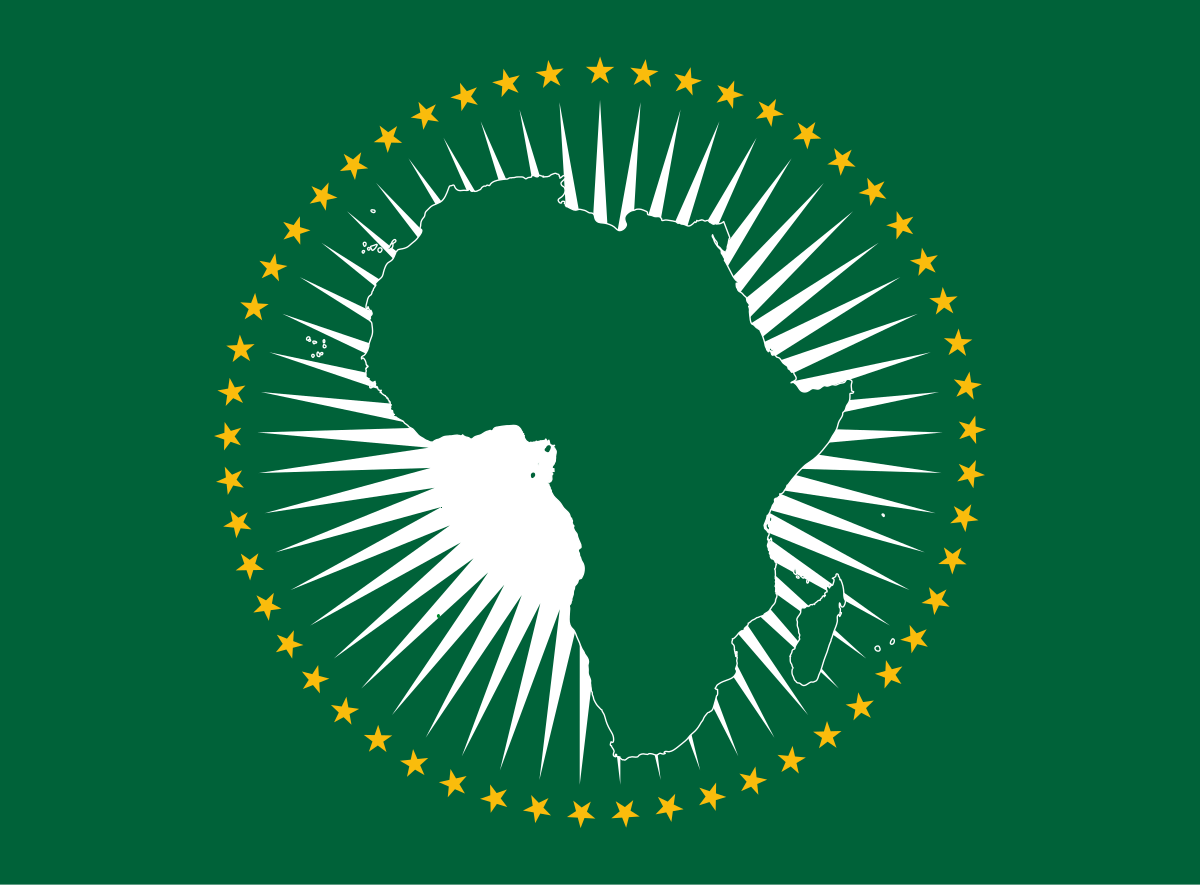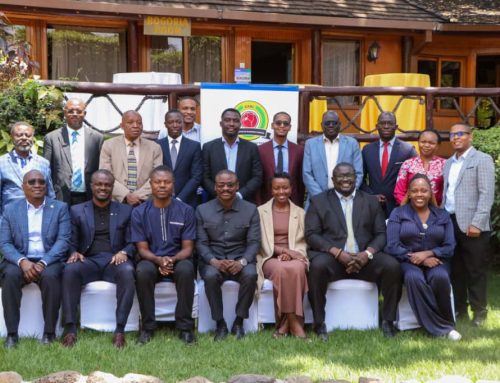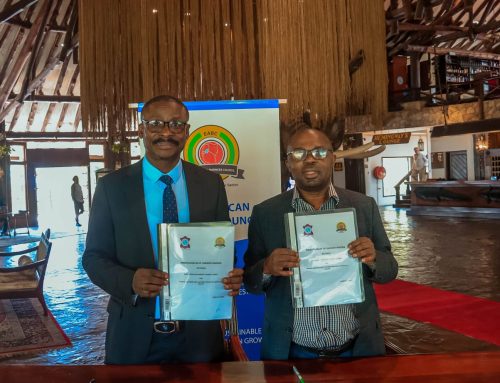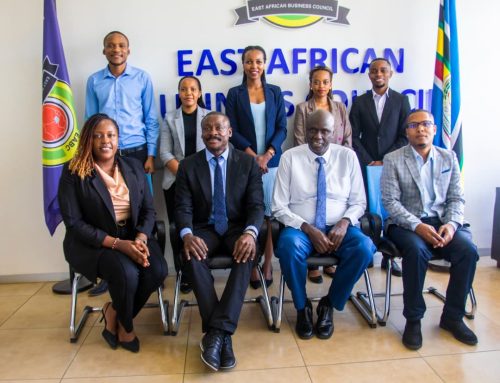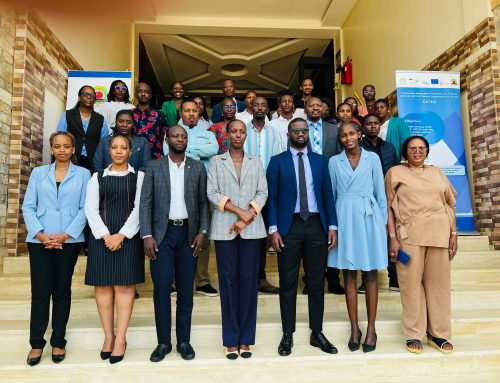Introduction
Africa’s journey towards an integrated continent reached an important milestone on the 30th May 2019 with the entry into force of the Agreement establishing the African Continental Free Trade Area (AfCFTA), which was concluded in Kigali, Rwanda on the 21 March 2018. This was historic not only because it marked the third stage of the roadmap set in the Treaty Establishing the African Economic Community of 1991 (Abuja Treaty); but most importantly, because of the speed at which this happened. Never before, in the treaty-making history of the African Union (except for the Constitutive Act Establishing the Organization itself), has a legal instrument of such nature received 22 ratifications within a very short period; rallied the support of African Heads of State and Government as evidenced through their massive presence in Kigali, Rwanda on 21 March 2018 and in Niamey, Niger, on 7 July 2020; and raised hope and expectations among Africans both on the Continent and in Diaspora.
The AfCFTA is a testimony to the aspirations and convictions of Africans that more than ever, their future will be determined by the speed at which they can integrate their economies in light of the multifaceted challenges they continue to face individually and mindful of the international context. The current COVID-19 Pandemic has once again exposed the vulnerability of African economies, faced with the disruption of global and regional supply chains due to government restrictions, and the inability for the African productive sector, which is confined to small fragmented national domestic markets, to respond adequately to the needs of the Continent in medical supplies and other essential goods. In this context, even the most skeptics have come to confess that Africa’s future lies in the acceleration of its economic integration through the AfCFTA, as it is the most effective strategy to build internal resilience and deliver inclusive and sustainable development for the whole Continent.
In line with embracing the benefits of integrating the African continent, during the launch of the operational phase of the AfCFTA in Niamey, Niger on 7th July 2019, the 12th Extraordinary Summit of AU Heads of States and Government decided that 7th July of each year be designated as “the Africa Integration Day” without it being a holiday to commemorate the operationalization of the AfCFTA Agreement and popularise economic integration across the Continent as a lever of inclusive sustainable development.
The East African Business Council, as the Apex body of the private sector in the East African Community and a strategic partner in the ensuring the social and economic integration of the African Continent and an ardent champion of the AfCFTA, joins hands with the African Union in commemoration of the Africa Integration Day on the 7th of July, 2020 as the continent celebrates the AfCFTA and its achievement, as a powerful tool that is expected to shape Africa’s future, by increasing trade and investment, creating job opportunities for millions of Africans, and in this regard, offering alternatives to young African entrepreneurs.
This commemoration is timely, as there is need to update the mindset of the segments of African society, both on the continent and in the diaspora, to understand the vision of the AfCFTA with a view to increase their participation in the realization of Africa structural transformation and its inclusive and sustainable economic development as outlined in Agenda 2063: The Africa We Want.
As the regional private sector body in East Africa, the EABC looks forward to joining the foreseen steps towards the establishment of the African Economic Community, where the private sector will be ably represented under the African Business Council, that EABC has consistently advocated for its formulation.
Long Live Africa, Long Live the Private Sector!
End

